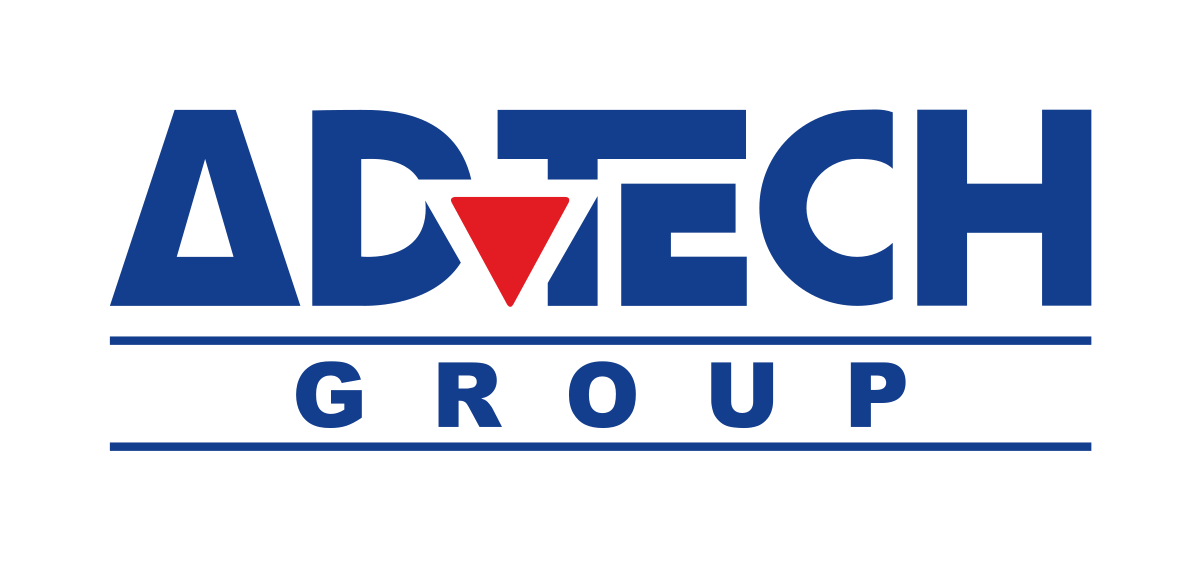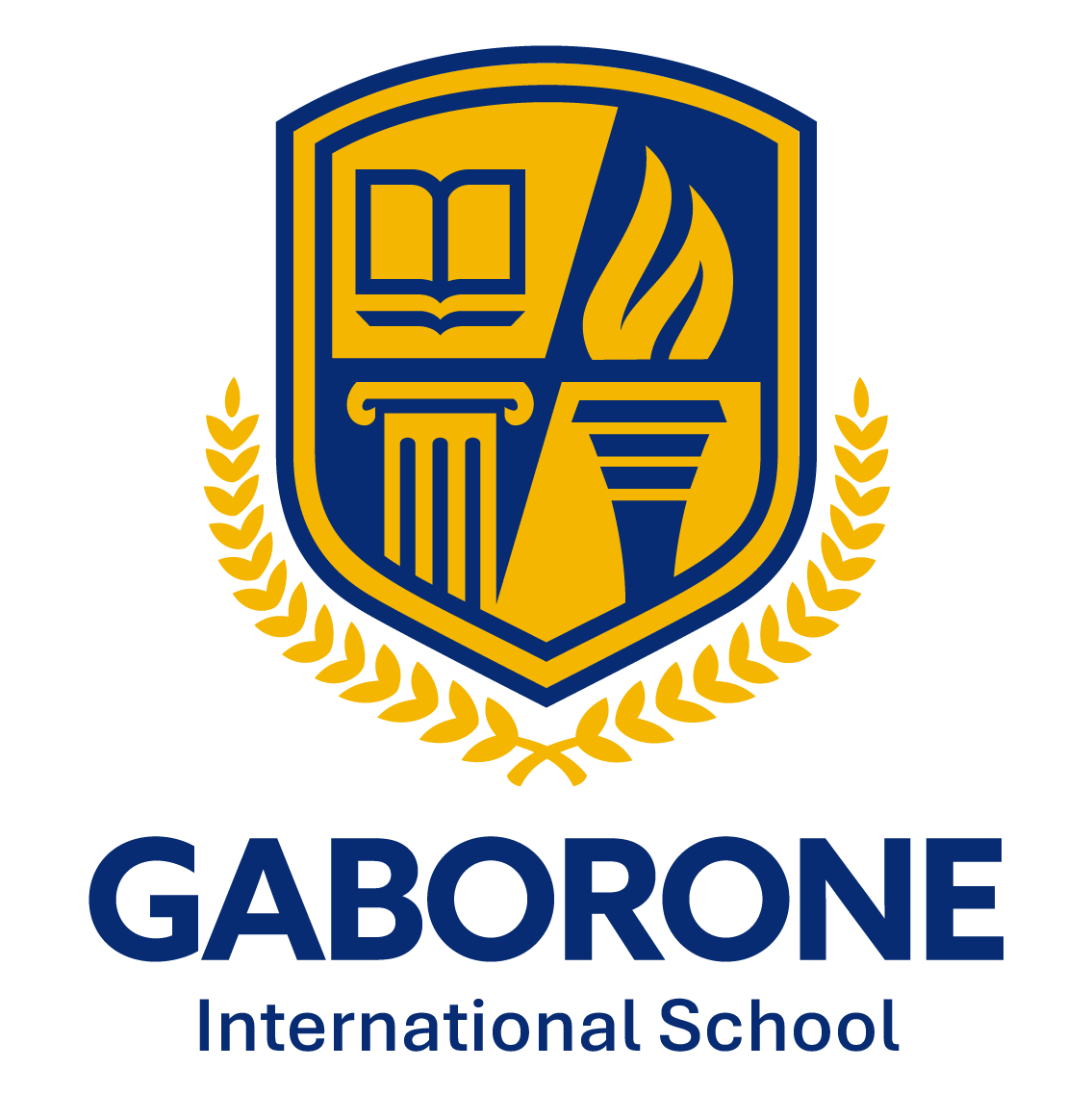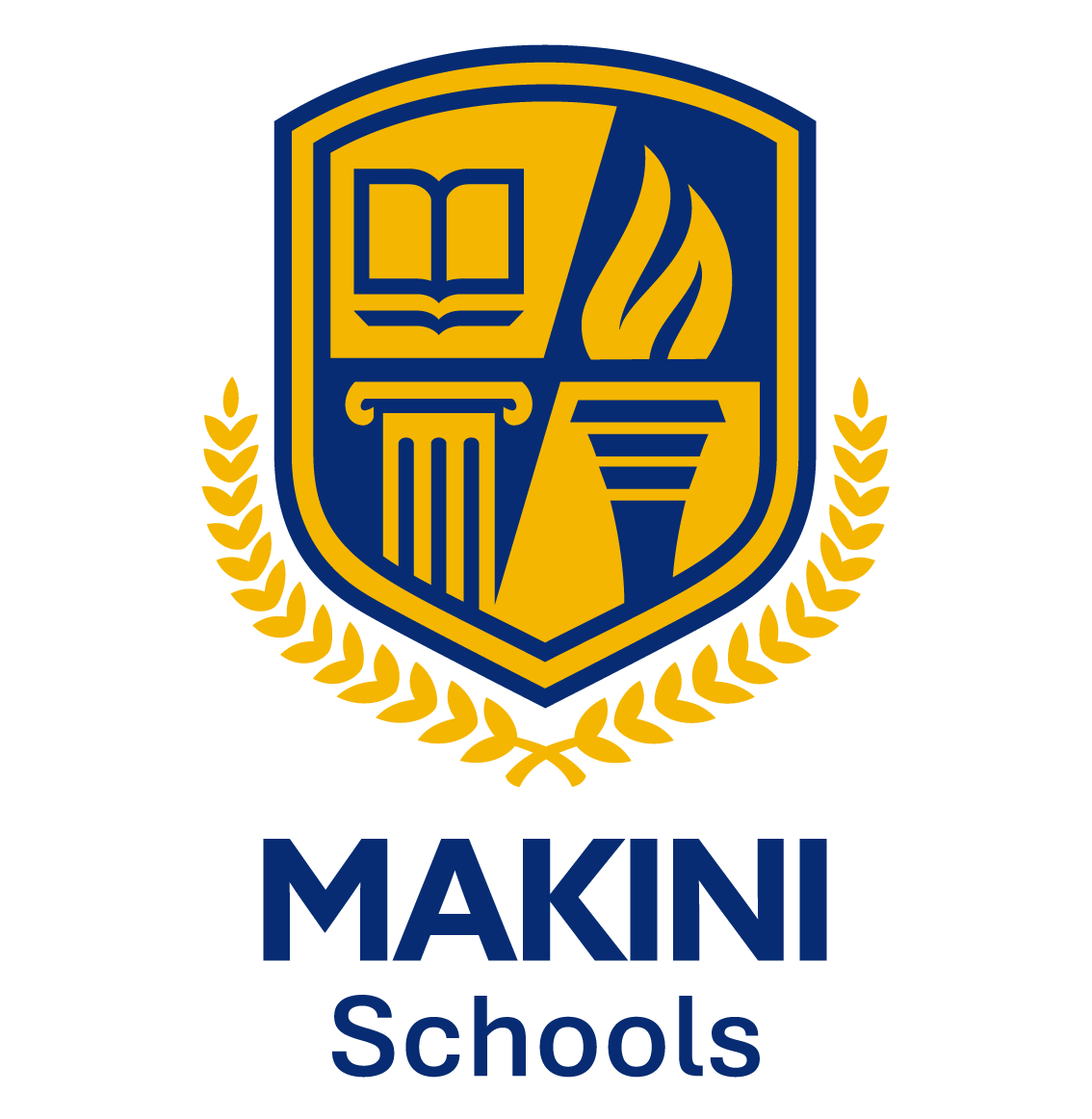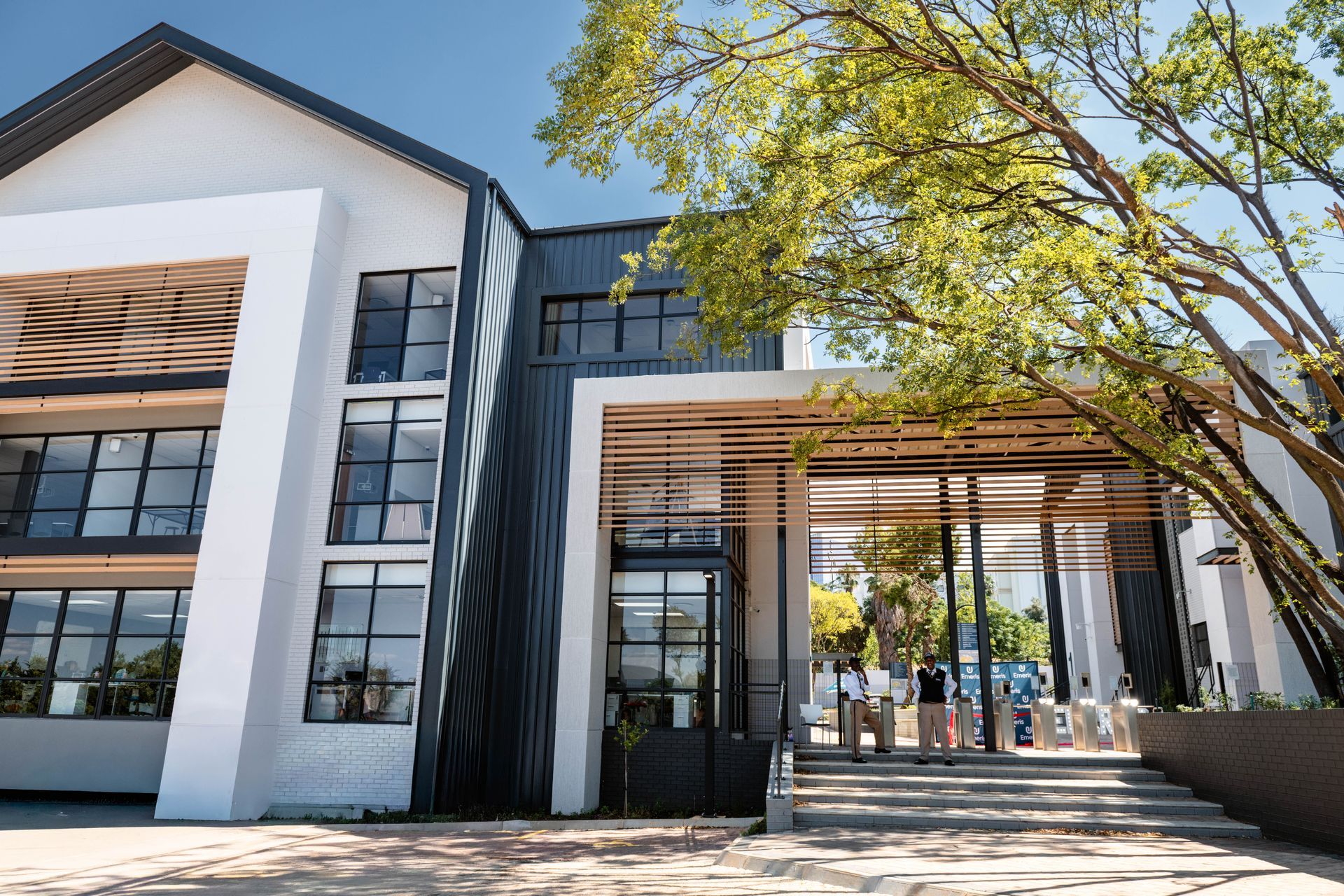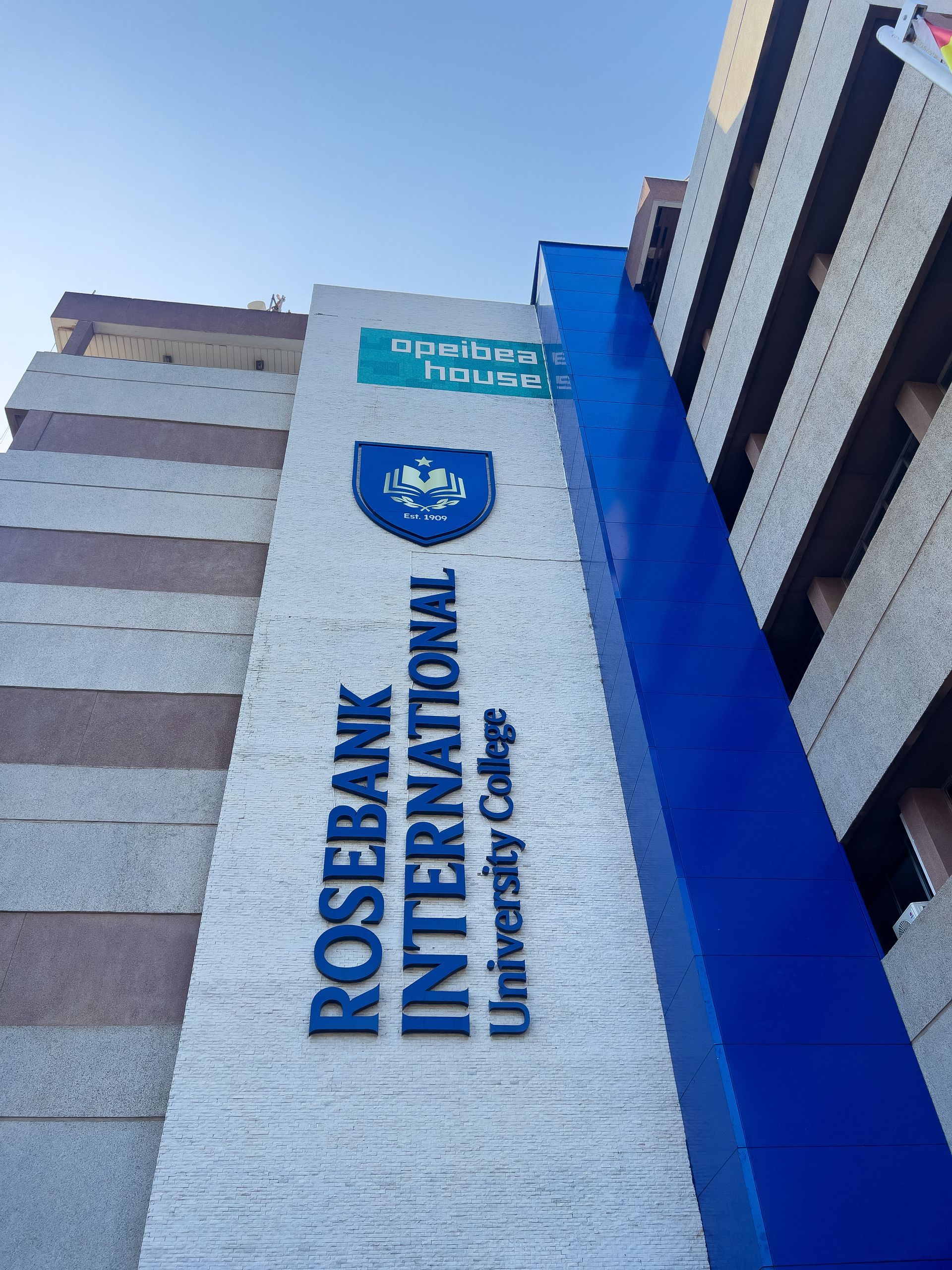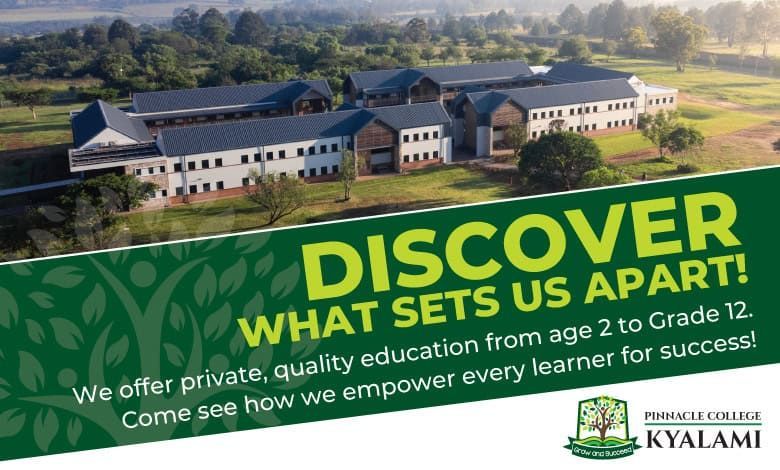Currently, I am waiting to graduate from Capsicum at the end of the year and will then fully start and solidify my culinary career as a chef.
Can you tell us about some of the celebrities you have cooked for or would like to cook for?
The celebrities and influencers include Mayihlome Tshwete, Joe Human, Thabile Ngwato, Euphonik, Papi Rapolai, Fifi Moeng, Sonia Mbele, Solo, Dineo Moeketsi, Lorna Maseko, Chef Nti, Maps Maponyane, Mbali Mkhize, Thandolwethu Tsekiso, Lerato Kgamanyane, Kamo Modisakeng, Olwethu Leshabane, Vanessa Padi, Amanda Black, Manu Obeng, Sibahle Sithole. I would be honoured to cook for Connie Ferguson, Nompumelelo Zikalala (MD of De Beers Group), Bonang Matheba, Cassper Nyovest and John Kani.
Would you recommend cheffing and the food industry as a career?
Definitely. At the end of the day we all eat and have to eat. There are a lot of jobs within the food industry but I’d advise those that go into the food industry to actually open their own establishments instead of working for existing companies, brands and restaurants. You’ll enjoy it more if you work for yourself. Of course, you’d have to first learn under a few masters, mentors and chefs to be one of the best but your ultimate goal should be to work for yourself.
Who has been your greatest mentor and why?
Tebello “Tibz” Motsoane. Barely six months into my schooling, he trusted me with his brand, business and reputation by making me head chef, all because he believed in my ideas. You can be a great chef but ultimately it’s about the bottom line and making a living from your craft and passion. Tibz would travel the world, come back with spices from Turkey, have meetings with agencies/brands and let me stand in for him in his absence and learn how the corporate and food industries work together as one. That gave me a sense of confidence and affirmation that I had chosen the right vocation.
What three famous chefs do you follow and why?
Wandile Mabaso, Luke Dale Roberts and Jamie Oliver. They aren’t afraid to innovate and create traditional dishes. That’s what I strive for.
Tell us about the benefits of being a private chef?
You are given the freedom to be creative, paid five times your normal salary, work in your own time and have time to truly plan out your “world domination plan”. The hard thing about working in a restaurant is the hours and not having time for family and a social life. There has to be a balance to everything in life.
What is your best food memory?
Stew and dumplings made by my grandmother.
How do you believe SA chefs and restaurants compare to those internationally?
The majority of South African chefs incorporate French techniques in their cooking, so I’d say we are more or less the same. We just need to adapt our own cuisines, food culture and have something to add to the evolution of modern cooking. Our country has a lot to offer in terms of ingredients and fresh produce and the sooner we realise that and use it on our menus, the better.
Anything else you would like to add?
It’s never too late to follow your passion in food. For example, in my class there’s a 59-year-old woman who believed and never gave up on her dream on becoming a chef. She attended, listened, honed her craft and is now one of the best in our class. No matter where you are from, disadvantaged background or not, if you put your mind to it, you’ll inevitably get it right. Never stop dreaming, it’s possible only if you believe, pray and put your mind to it. Lastly, I’d like to thank my grandmother for awarding me the opportunity to pursue my dream of becoming a chef. Regardless of my countless mistakes and disappointments, she took her pension money and sacrificed a lot to allow me to attend school. Keago leboga Nkgono.
